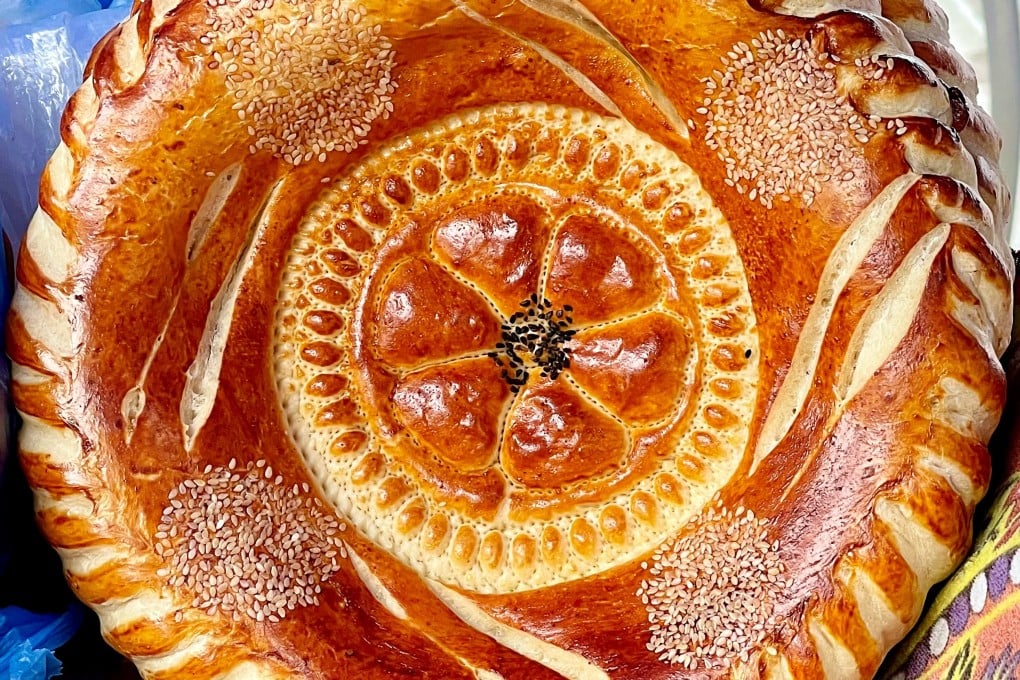Why you must eat bread in Uzbekistan, where the humble loaf is ‘life itself’
- A visit to a bakery has to be on any travel itinerary in Uzbekistan, with every village and town having its own varieties of bread

“For Uzbek people, bread is everything,” says food expert Syuzanna Fatyan, a resident of the ancient city of Samarkand, in Uzbekistan.
As in many countries in Central Asia and the Middle East, life in Uzbekistan revolves around bread. But here, the humble loaf – known as non – has been elevated to the status of cultural icon and art form.
“For us, bread is life itself,” says Zahid Toshnazarov, a travel guide from Uzbekistan’s capital, Tashkent.
Every village and town has its own varieties – differing in ingredients, weight, size, thickness, embossed patterns and, of course, names – but almost all are wheel-shaped.

Gala Osiyo bread – named after the Samarkand neighbourhood in which it is made – has a reputation for being long-lasting. It can be edible for up to three years – needing only to be sprayed with water and warmed up – and could therefore be carried on long trips along the ancient Silk Road.
